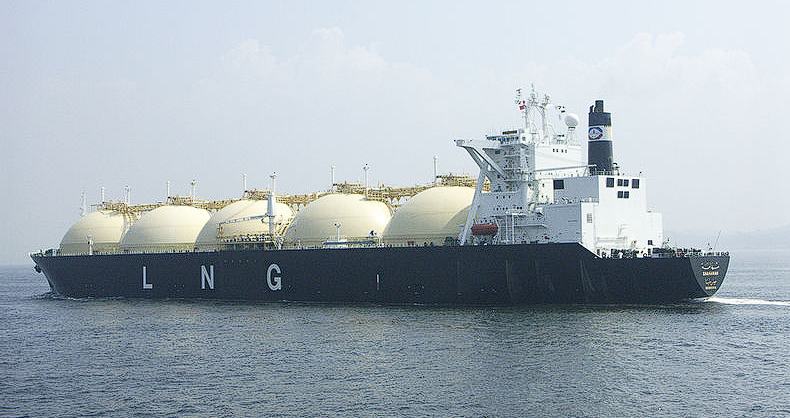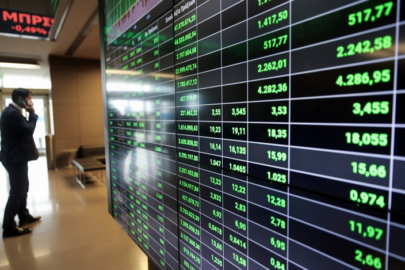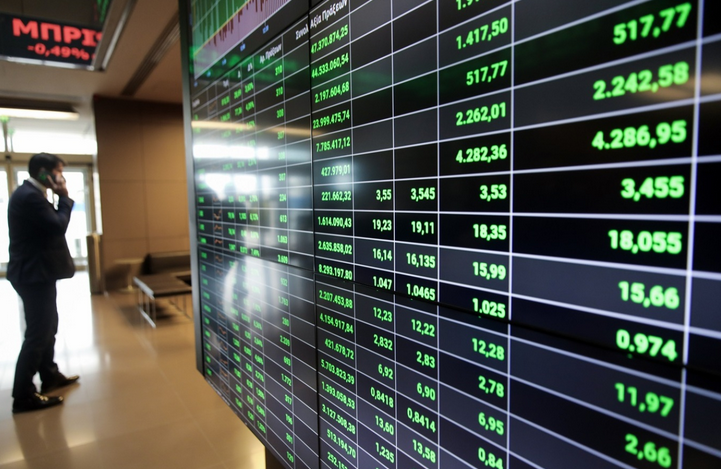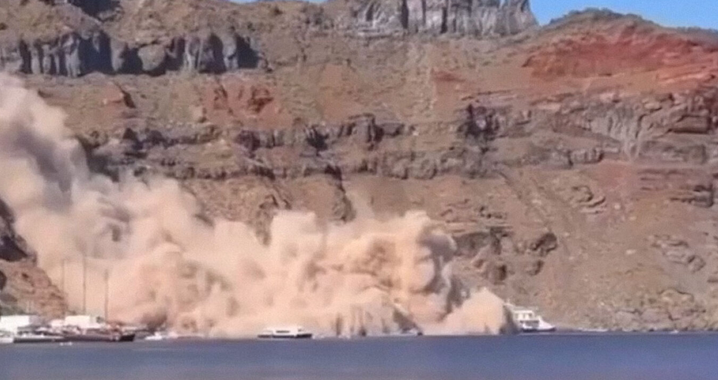The European Union vowed to drastically cut imports of gas from Moscow over its invasion of Ukraine but data shows the bloc’s purchases of Russian-made liquefied natural gas (LNG) have soared.
According to new findings released by Global Witness, an environmental watchdog organisation, the European Union bought 21.6 million cubic metres (mcm) of Russian LNG between January and July of this year, a small increase compared to the same period in 2022, when imports totalled 21.3 mcm.
But when the 2023 figure is measured against the same period in 2021, prior to the Kremlin’s decision to wage war on Ukraine, it results in a 39.5% surge, an embarrassing percentage for a bloc that has forcefully condemned the invasion as an illegal, brutal and ruthless attempt to subjugate Ukraine’s independence.
Making matters more uncomfortable, three member states can be found among the five major clients of Russian LNG in the first seven months of his year: China came on top with 8.7 mcm in purchases, followed by Spain (7.5 mcm), Belgium (7.1 mcm), Japan (7 mcm) and France (4.5 mcm).
As coastal countries, Spain, Belgium and France have become busy destinations for LNG carriers, which need to unload their supplies on sophisticated terminals where the cooled-down liquid is turned back into gaseous form and sent to power plants.
The Netherlands, Greece, Portugal, Finland, Italy and Sweden were also listed by Global Witness as current consumers of Russian LNG. The numbers are based on shipping data obtained from Kpler, an analytics firm.
Overall, the EU is estimated to have bought 52% of all of Russia’s LNG exports between January and July, a market share that exceeds the 49% mark of 2022 and 39% of 2021.
This year’s shopping spree was worth €5.29 billion, Global Witness said, an amount that throws into question the bloc’s efforts to weaken the Kremlin’s war chest, which is fundamentally sustained by international sales of fossil fuels.
source euronews.com


































